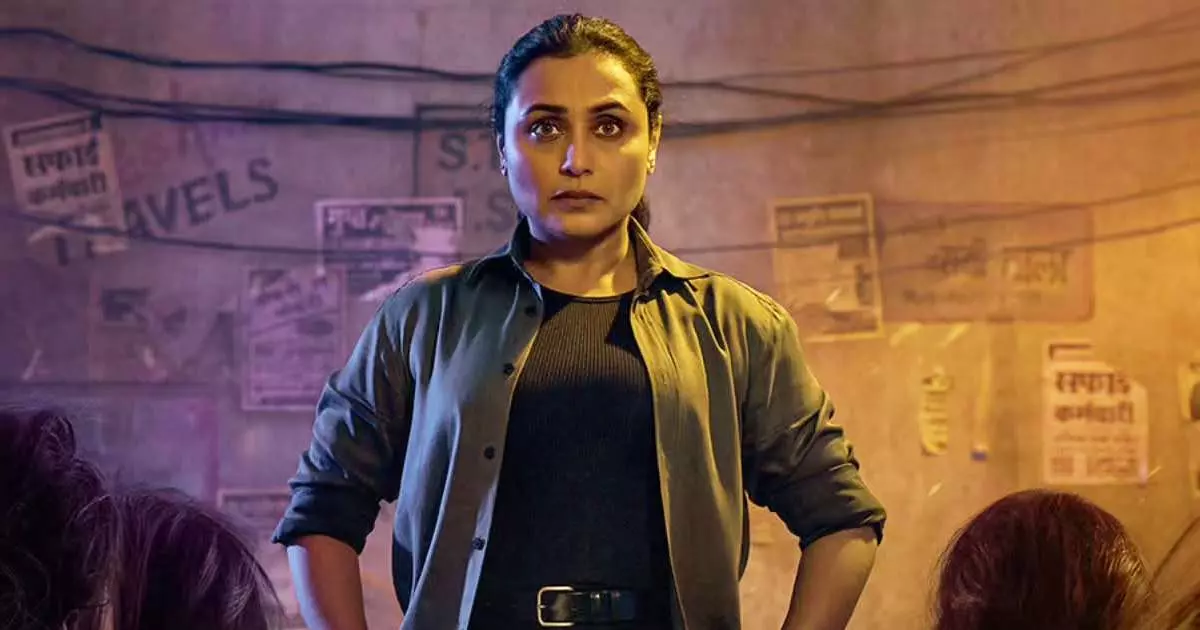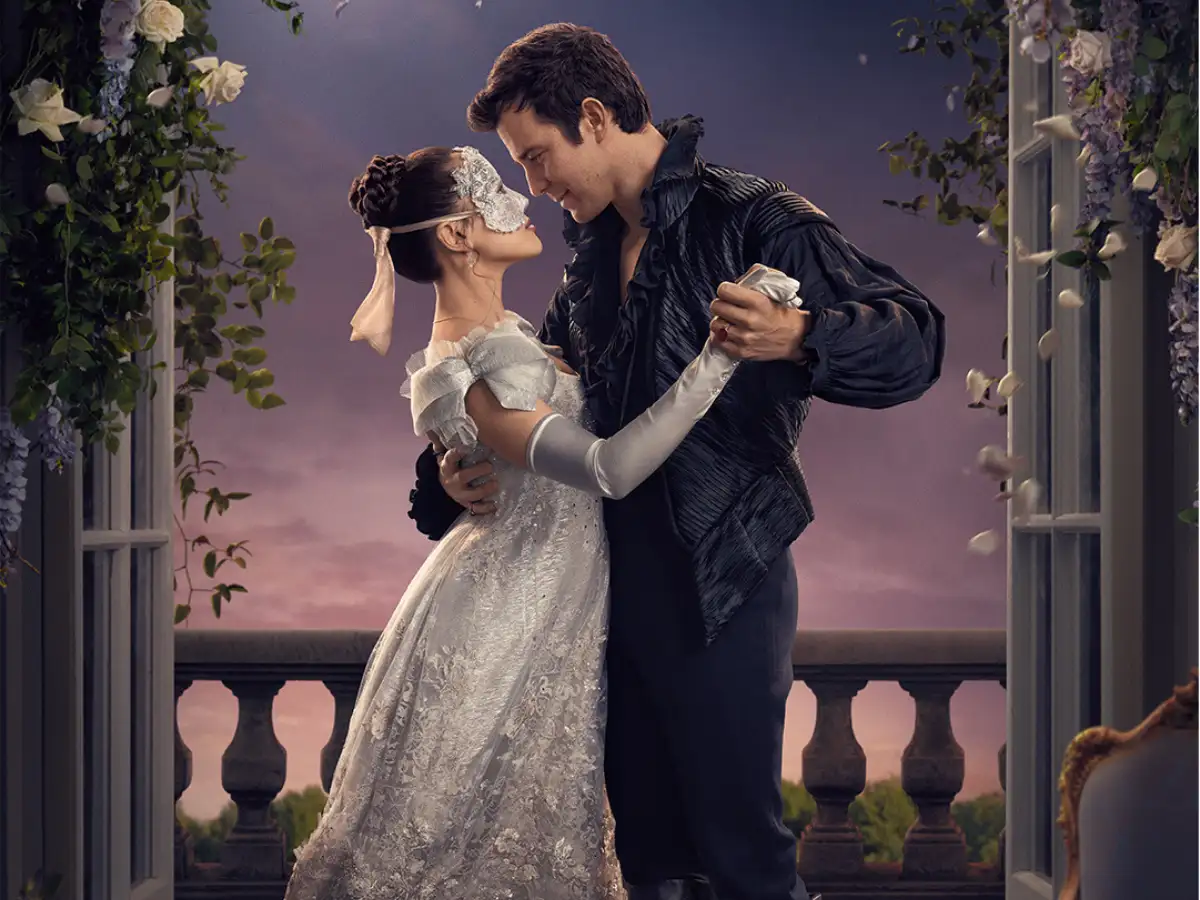Table of Content
If there’s one certainty about “Deadpool,” it’s that the titular hero uniquely understands his place in both his world and ours, though the reasons for this are never fully explained. This raunchy, irreverent mutant is keenly aware of his existence within the sprawling, intricate Marvel multiverse—a universe now worth billions and spanning decades, countless studios, and more films than the average viewer can count.
From the beginning, the “Deadpool” series has thrived on being a subversive, self-aware anti-superhero franchise. It pokes fun at everything from comic books to Hollywood, including its own star and co-writer, Ryan Reynolds. So, it’s no shock that the eagerly awaited “Deadpool & Wolverine” doubles down on this fourth wall-breaking self-awareness, even as it starts to resemble the superhero movie archetype it loves to parody. This tension—between mocking comic book tropes and being a comic book movie—is intriguingly addressed in “Deadpool & Wolverine,” which leans more into the genre conventions than its predecessors.
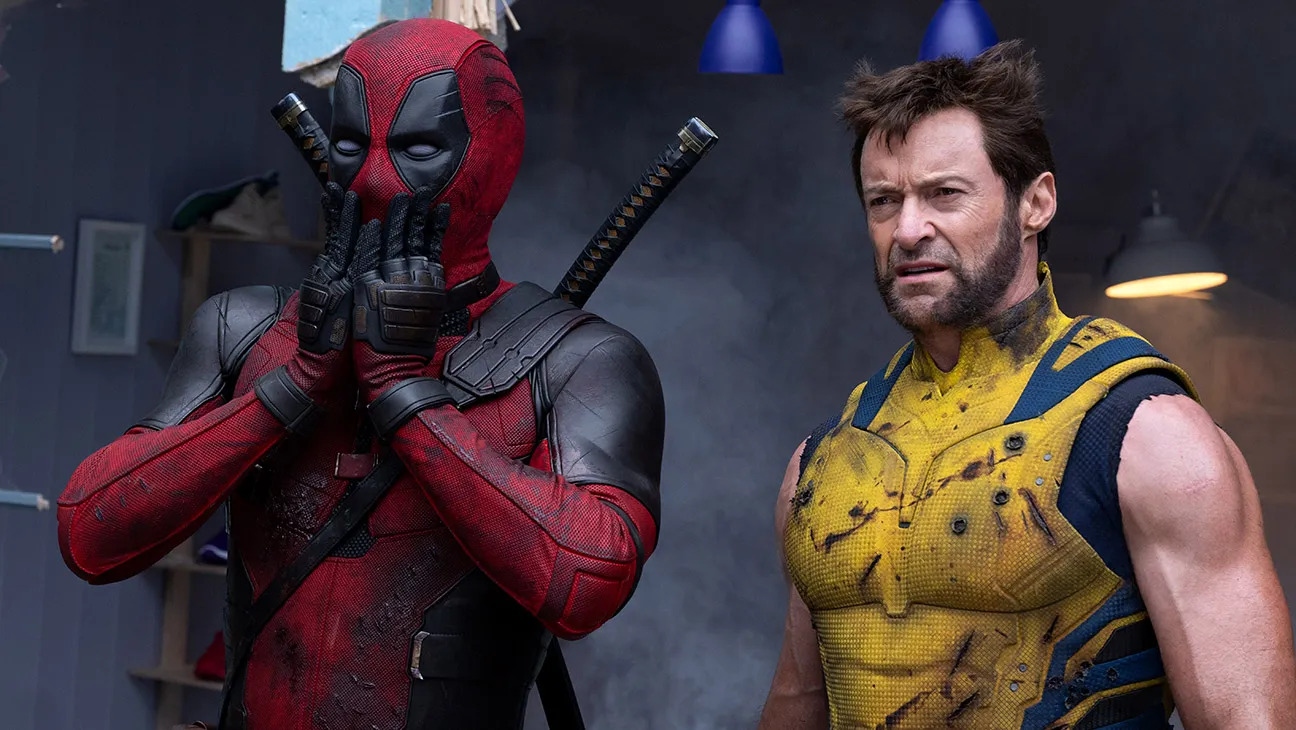
| Release date | 26 July 2024 |
| Critic's Rating | 2.5/5 |
| Director | Shawn Levy |
| Cast | Ryan Reynolds, Hugh Jackman, Emma Corrin, Matthew Macfadyen |
| Duration | 127 minutes |
This clearer direction likely clarifies the target audience. Those who dislike superhero films—such as Martin Scorsese—won’t be swayed by a few self-deprecating jokes about lazy writing, celebrity cameos, and the overused “superhero landing” that Reynolds’ Deadpool frequently mocks.
In this installment, director Shawn Levy—taking the reins for his first Marvel film—appears to have found a sweet spot. Levy benefits from a bigger budget, heightened anticipation, and the inclusion of Hugh Jackman as Wolverine. Jackman’s brooding, often shirtless presence, teased as a character with whom Deadpool has complex feelings, adds to the film’s allure. Their dynamic, filled with animosity, fandom, and a touch of homoerotic tension, makes their fight scenes as engaging as their moments of reluctant teamwork in the typical world-saving spirit.
One significant real-world change to note is the shift in distribution. The first two “Deadpool” films were handled by 20th Century Fox, but Disney’s $71.3 billion acquisition of Fox in 2019 allowed the franchise to join the Marvel Cinematic Universe (MCU). “Deadpool & Wolverine” takes full advantage of this vast new playground, which began in 2008 with “Iron Man” and now boasts over 30 films and numerous TV shows. This merger is a recurring target for Deadpool’s sarcasm throughout the movie.
Despite its plethora of references and cameos, “Deadpool & Wolverine” remains accessible to casual Marvel fans. While it helps to have seen the first “Deadpool” and Jackman’s 2017 “Logan”—which signaled a growing appetite for R-rated superhero fare—it’s not essential. The Disney+ series “Loki” also offers useful context on the Time Variance Authority, which polices multiverse timelines to prevent catastrophic incursions, though it’s not a prerequisite for enjoying the film.
A hallmark of the “Deadpool” films has been their R rating and hyper-violent action scenes. Thanks to a combination of a larger budget and Levy’s direction, these scenes in “Deadpool & Wolverine” are even more visually impressive.
However, the film isn’t immune to the deus ex machina writing that often afflicts superhero movies. The relationship between Wade Wilson (Deadpool) and his ex Vanessa feels underdeveloped, possibly hinting at Deadpool’s uncertain future in the MCU. The plot meanders towards the end, particularly in a cameo-heavy battle scene that resolves in a somewhat anticlimactic manner. Despite some notable star appearances, fans might be let down by the number of MCU characters mentioned who don’t actually show up.
The film’s final, blood-soaked but comedic battle scene manages to re-engage viewers, reaffirming its identity as a fun, well-crafted summer movie. As the only MCU release of 2024, “Deadpool & Wolverine” demonstrates that superhero fatigue isn’t necessarily due to the source material. Instead, Marvel’s decision to scale back production following the pandemic and Hollywood strikes suggests that more focused attention on a film’s creation can enhance the final product.
“Deadpool & Wolverine,” distributed by Walt Disney Studios Motion Pictures, is rated R by the Motion Picture Association for strong bloody violence, language throughout, gore, and sexual references.
Also read: Marvel's Cinematic Universe: 5 Upcoming Blockbusters And Series Set To Shake The Multiverse!
.webp)

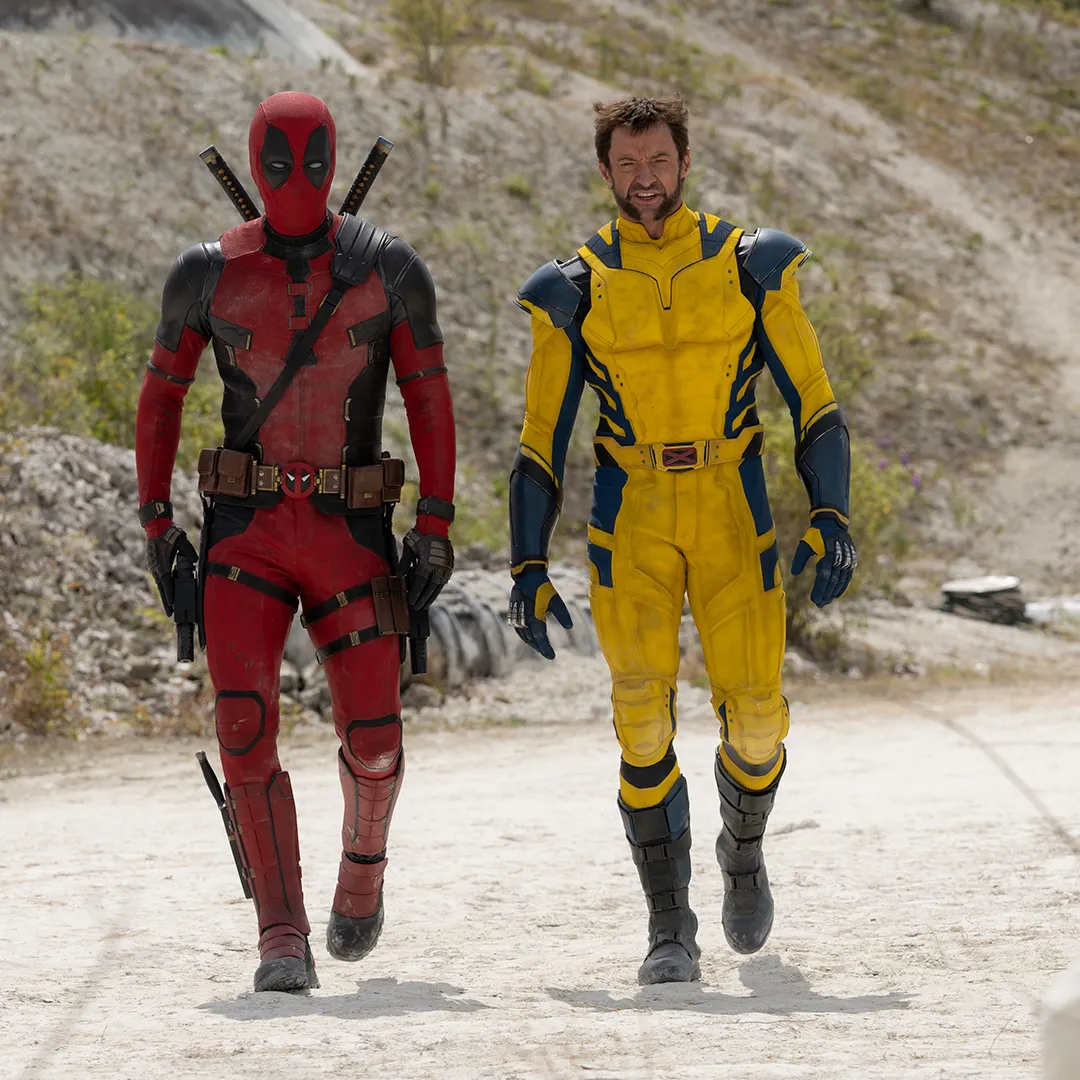

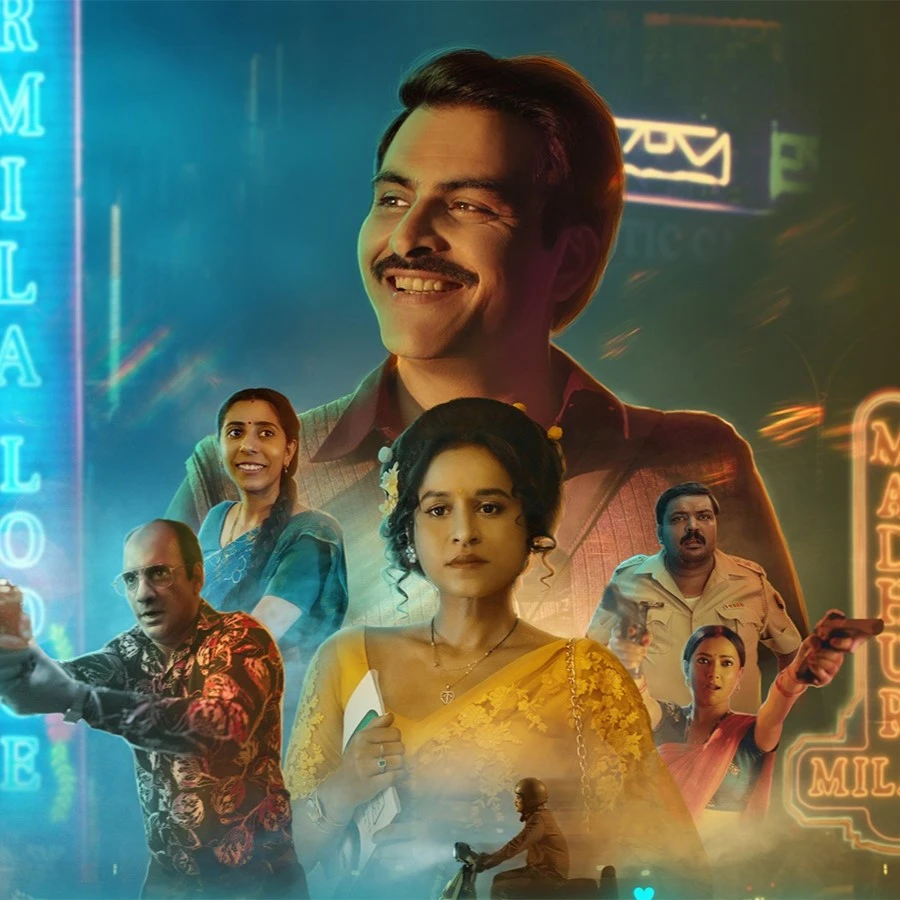
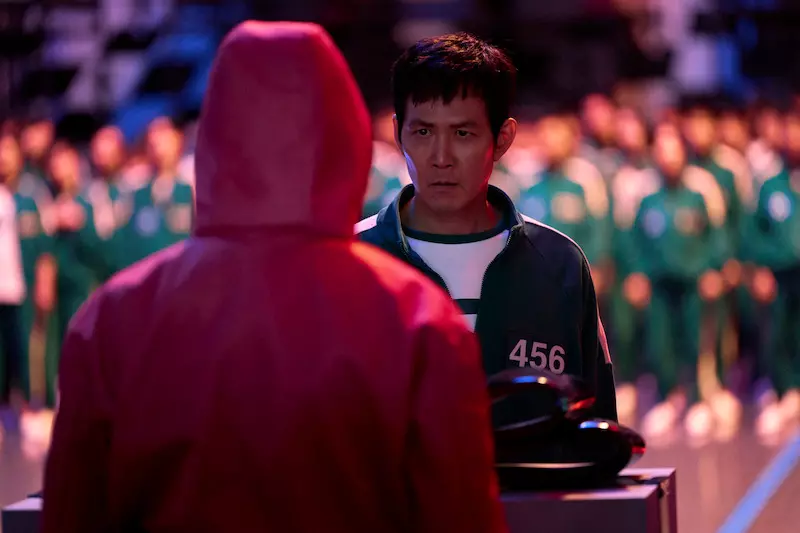
_1735214375.webp)


